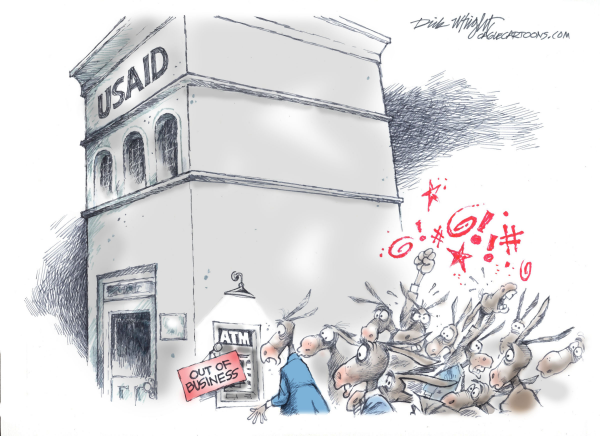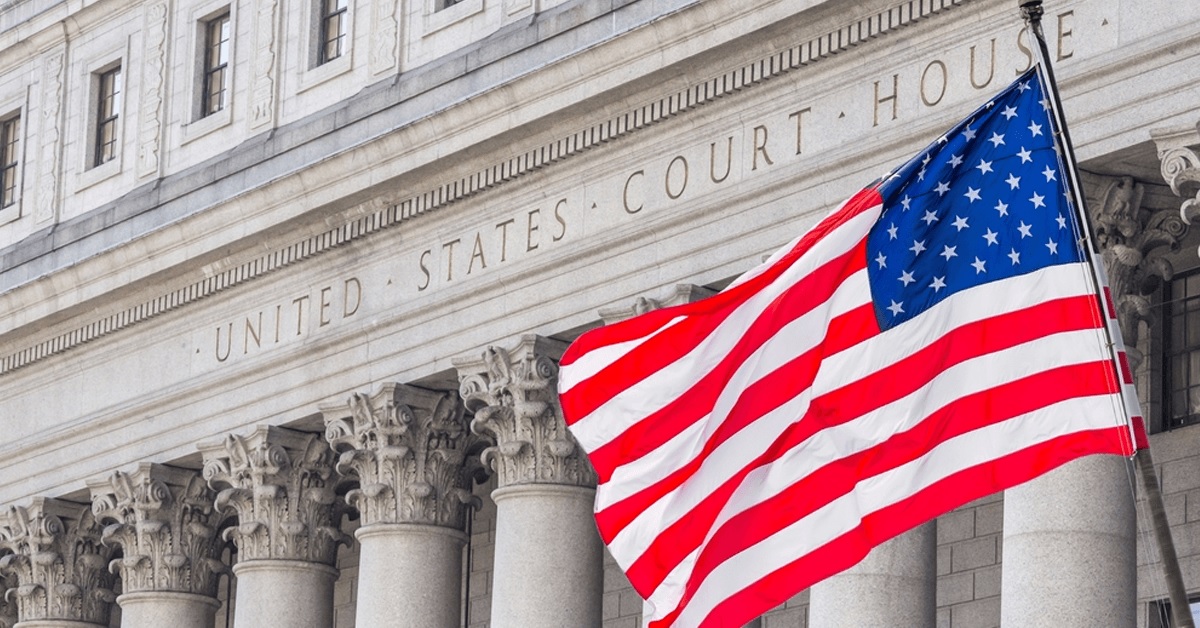U.S. Court Blocks Trump’s Foreign Aid Freeze: What It Means for Sri Lanka and USAID Staff
A U.S. federal judge has ordered the Trump administration to restore funding for hundreds of foreign aid contractors and projects that were affected by a controversial 90-day funding freeze. The ruling, issued by Judge Amir Ali in the U.S. District Court for the District of Columbia, comes as a major setback for President Donald Trump’s broader efforts to cut foreign aid and restructure government agencies, including the U.S. Agency for International Development (USAID).
This decision has significant implications for Sri Lanka, a recipient of U.S. foreign assistance, as well as for USAID project staff who have been facing job losses due to the funding suspension.
The Court’s Ruling and Its Rationale
Judge Ali’s ruling temporarily blocks the Trump administration from canceling pre-approved foreign aid contracts and funding agreements, stating that the White House had failed to justify the blanket suspension.
“At least to date, defendants have not offered any explanation for why a blanket suspension of all congressionally appropriated foreign aid, which set off a shockwave and upended reliance interests for thousands of agreements with businesses, nonprofits, and organizations around the world, was a rational precursor to reviewing programs,” the judge wrote in his decision.
The Trump administration had argued that the pause in funding was necessary to conduct a thorough review of aid programs to ensure efficiency and alignment with U.S. priorities. However, the court found that this blanket freeze disproportionately harmed aid recipients, partner organizations, and project staff.

Job Losses Among USAID Project Staff
One of the most immediate and pressing concerns following the funding freeze was the fate of thousands of USAID project staff and local contractors, including those in Sri Lanka. Many of these professionals, ranging from development specialists to field coordinators, faced sudden unemployment as funds dried up.
“The uncertainty has been stressful,” said a Sri Lankan USAID contractor who wished to remain anonymous. “Many of us had no idea whether we would have jobs next month. This ruling gives us hope that at least the projects we have worked so hard on will not be abruptly abandoned.”
However, while the court’s ruling mandates the restoration of previously approved funding, it does not guarantee that the Trump administration will not attempt other means to scale back foreign aid spending. The White House could still appeal the decision or introduce new mechanisms to limit funding.
Will This Help Sri Lankan USAID Staff Keep Their Jobs?
The court ruling primarily mandates the restoration of previously approved foreign aid contracts, which means that USAID funding should resume for projects that were already in place before the freeze. This decision is likely to help both U.S. and local staff working on these projects, including those in Sri Lanka.
How It Affects Sri Lankan USAID Staff:
- If USAID-funded projects in Sri Lanka were suspended due to the freeze, those programs may now receive the necessary funding to continue operations.
- Local staff, including development specialists, coordinators, and contractors, may be able to retain their jobs as funding is restored.
- Ongoing initiatives in health, education, agriculture, and disaster relief may resume, securing employment opportunities for many Sri Lankan professionals.
How It Affects U.S. Staff:
- The ruling primarily benefits U.S.-based contractors and organizations managing USAID programs globally.
- S. citizens working for USAID in Washington, D.C., and other locations will likely see greater job security as their contracts are reinstated.
While the ruling is a positive step for Sri Lankan USAID project staff, its long-term impact depends on how the Trump administration responds. If the administration appeals or finds other ways to limit aid spending, future funding could still be at risk.
Trump can’t just ignore the court without serious legal and political consequences. While he still has tools to fight foreign aid spending, he must operate within the law—or risk another judicial smackdown.







